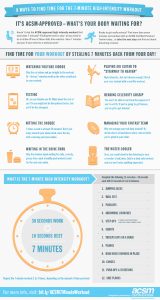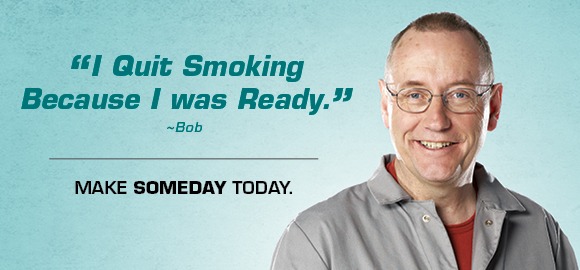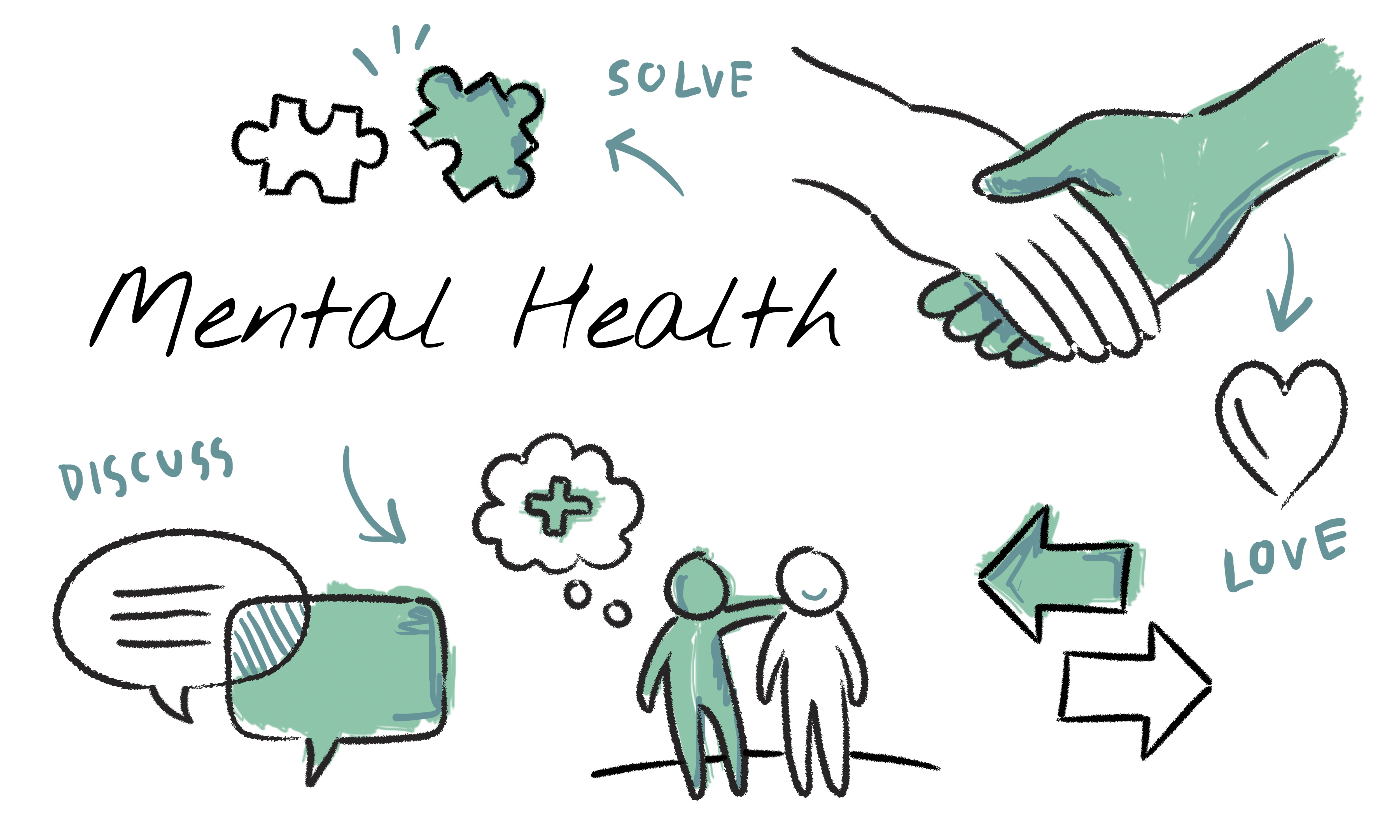Top 5 health tips for men
5 Easy Steps to Improve Your Health Today
June is Men’s Health Month, and we are supporting men, boys, and families across Indiana to practice healthy living. According to the U.S. Centers for Disease Control and Prevention, boys and men in the United States, on average, die 5.6 years earlier than women and die at higher rates from nine of the top 10 leading causes of death. Make sure you share these healthy tips with all of the men in your life and encourage them to practice these 5 healthy habits.
1. Give Your Heart Some TLC

Heart disease is one of the leading causes of death for men. You can give your heart some TLC by making sure to eat fresh fruits and vegetables daily. An easy way to ensure you are getting balanced nutrition is choose foods that are a variety of colors. A heart healthy diet doesn’t have to be boring or bland. Find out which foods are a part of a heart healthy diet.
2. Move Your Body

Indiana ranks as one of most obese states in the U.S. not just for adults, but for children as well. The good news is that research shows that just 30 minutes a day of moderate exercise can help improve your health. Click the graphic below to discover 8 easy ways you can make time for a 7 minutes of exercise from the American College of Sports Medicine.

3. Make An Appointment with Your Doctor

The life expectancy for men is 5 years less than women, and men are 100% less likely to visit their doctor for preventative health exams. Why is preventive care so important? Preventative care can help you keep up good health, and detect any health issues early before they become a major challenge, which can help you have a better quality of life for you and your family. Find a doctor you are comfortable with so you can openly discuss all aspects of your health from your mental health to sexual health and your overall wellness.
Join over 6,400 other Hoosiers!
Become a health research volunteer today!Make an impact on Indiana Health.
Click here to become a health research volunteer. It’s easy to make a difference.
4. Quit Smoking

Whether you smoke cigarettes, vape, or chew tobacco, you already know that tobacco and the additional chemicals in cigarettes can lead to diseases such has high blood pressure, cancer, and more. Did you also know that tobacco can also contribute to poor mental health? Research studies show that people who stop smoking have less depression, anxiety, and stress and have improved positive mood and quality of life compared with those who continue to smoke. Although smoking rates have went down across the U.S., 21% of Hoosiers still smoke which is higher than the national average. You can improve your own health and help boost Indiana’s health ratings by giving tobacco the boot. Check out these resources to live tobacco free!
5. Take Care of Your Mental Health
Your mental health is inseperable from your physical health so it’s important to make sure you are taking care of your mental and emotional well-being. Over 6 million men report struggling with depression, and over 3 million men report struggling with anxiety. Many times, men are more reluctant to seek help for depression, anxiety and other mental health issues for fear it it makes them look weak or because they feel they should be able to handle it on their own. More recently, famous male athletes and entertainers have been sharing their struggles with mental health to help other men feel comfortable to share their stories and seek help. The Cleveland Cavaliers’ Kevin Love wrote an article called “Everyone Is Going Through Something,” to share his struggle with panic attacks and NFL player Brandon Marshall has also shared his journey with Boderline Personality Disorder (BPD).
Recently, Dwayne “The Rock” Johnson shared his battle with depression:
“[It] took me a long time to realize it but the key is to not be afraid to open up. Especially us dudes have a tendency to keep it in. You’re not alone.”
If you are feeling overwhelmed or struggling with depression, anxiety or substance abuse talk to a mental health professional who can help you.
For more information on mental health and to locate treatment services in your area, call the Substance Abuse and Mental Health Services Administration Treatment Referral Helpline at 1-800-662-HELP (4357).

